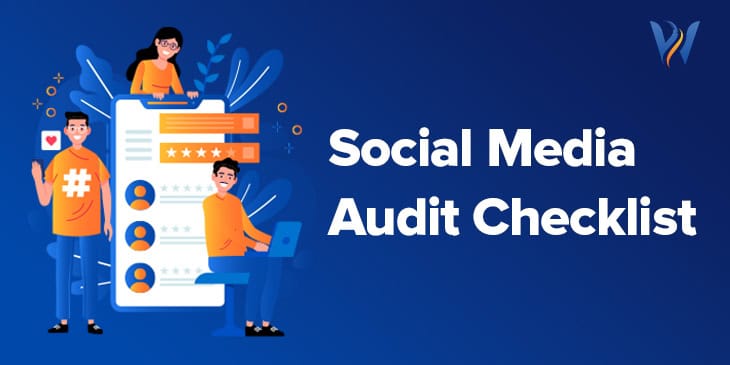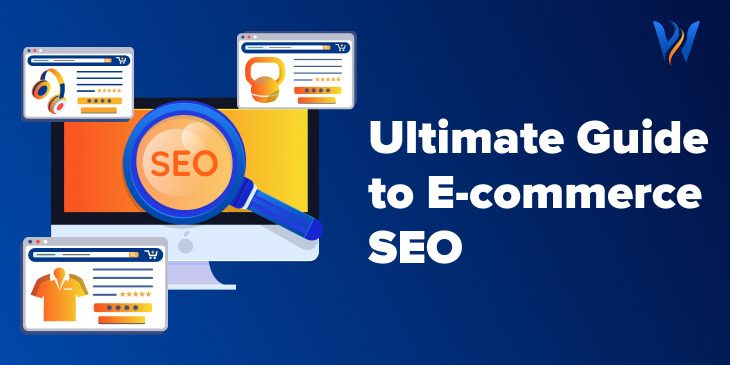Artificial intelligence (AI) is revolutionizing digital marketing, reshaping how brands connect with audiences and achieve their goals. Whether it’s crafting engaging content, analyzing vast datasets, or personalizing customer experiences, AI is enabling marketers to work smarter, not harder. But is AI truly effective? Let’s explore its capabilities, benefits, and the tools driving its adoption in the marketing world.
What is AI in Digital Marketing?
AI in digital marketing refers to using machine learning and data-driven algorithms to automate, enhance, and optimize marketing tasks. From creating personalized campaigns to analyzing trends, AI is empowering marketers to make better decisions and deliver outstanding results.
AI-driven tools analyze user behavior, market trends, and campaign performance to generate insights and actionable strategies. They reduce manual labor, improve efficiency, and create more meaningful interactions between brands and their customers.
Why Use AI in Marketing?
AI isn’t just a trend—it’s a solution to some of the biggest challenges marketers face today.
- Increased Efficiency: Automating repetitive tasks, like data entry and email scheduling, saves time and resources.
- Enhanced Personalization: AI delivers highly customized content, improving user engagement and satisfaction.
- Better ROI: AI tools optimize campaigns in real-time, ensuring you get the most value out of your marketing budget.
- Data-Driven Insights: AI analyzes complex datasets to provide actionable recommendations, eliminating guesswork.
- Scalability: AI makes it easy to scale operations, whether you’re a small business or a global enterprise.
How to Use AI in Digital Marketing?
AI simplifies and enhances digital marketing processes, allowing businesses to focus on strategy while automating repetitive tasks. Here are 5-6 key ways to use AI effectively:
- Personalized Marketing
AI tailors messages, product recommendations, and offers based on user behavior, boosting engagement and satisfaction. - Content Creation and Optimization
Tools like Jasper create blog posts, social media content, and ad copy, while Surfer SEO optimizes content for better rankings. - Programmatic Advertising
AI automates ad placement and bidding, ensuring campaigns reach the right audience at the right time. - Predictive Analytics
AI forecasts trends and customer behavior, helping businesses refine targeting and allocate budgets wisely. - Chatbots for Customer Support
AI-powered chatbots provide 24/7 support, handling queries and improving user experience without requiring human intervention. - Social Media Management
AI analyzes trends, schedules posts, and monitors engagement, making social media campaigns more effective and data-driven.
These applications show how AI can streamline operations, improve efficiency, and deliver personalized experiences for your audience.
Top 10 AI Tools for Digital Marketing in 2025
Here’s a curated list of the best AI tools that are changing the game for marketers:
10 Best AI Marketing Tools
0 / 10-
Jasper
For AI-driven content creation that sounds human, Jasper generates blog posts, ad copy, and email campaigns tailored to your audience.
-
Canva Pro (with AI Features)
Create stunning visuals with AI-powered design suggestions and templates that align with your branding.
-
HubSpot
An all-in-one marketing platform with AI tools for automation, personalization, and analytics.
-
Google Analytics 4
A must-have for tracking and understanding user behavior across websites and apps.
-
Adzooma
Automates campaign management and optimizes ads across platforms like Google, Facebook, and Microsoft.
-
Hootsuite Insights
Tracks brand mentions, analyzes social media sentiment, and provides actionable insights.
-
Surfer SEO
Helps create SEO-optimized content with AI-backed recommendations for keywords, structure, and readability.
-
ChatGPT
Offers advanced chatbot capabilities for personalized customer interactions, FAQs, and lead generation.
-
Lumen5
Transforms blog posts into engaging videos, perfect for social media marketing.
-
Optmyzr
A powerhouse for PPC campaign automation and optimization.
How AI Reduces Marketers’ Workload
One of the most significant benefits of AI is its ability to simplify and automate tedious tasks:
- Automating Campaign Management: AI handles ad bidding, email scheduling, and A/B testing, letting marketers focus on strategy.
- Streamlining Reporting: AI tools generate detailed reports with actionable insights, reducing time spent on data analysis.
- Simplifying Content Creation: AI assists with brainstorming ideas, drafting content, and even optimizing for SEO.
Future Trends: The Role of AI in Marketing
The future of AI in digital marketing is bright and full of possibilities:
- Voice Search Optimization: As voice search grows, AI will help brands optimize for conversational queries.
- Augmented Reality (AR): AI will combine with AR to create immersive, interactive marketing experiences.
- Sentiment Analysis: AI tools will monitor and respond to customer sentiment in real time, shaping brand reputation.
- Video Content Creation: AI-powered video editors like Synthesia will make professional video production accessible to all.
The Pros and Cons of AI in Marketing
Understanding the benefits and limitations of AI can help marketers effectively leverage it for campaigns. Here’s a detailed look at the pros and cons of integrating AI into your digital marketing strategies:
Pros of Using AI in Digital Marketing
-
Time-Saving
AI automates repetitive tasks like email scheduling, ad bidding, and content generation, freeing up resources for strategic decision-making.
-
Precision
AI delivers highly targeted campaigns using data-backed insights, ensuring that the right message reaches the right audience.
-
Scalability
AI tools easily scale operations, making them suitable for businesses of all sizes, from startups to global enterprises.
-
Cost-Effectiveness
By optimizing campaigns and reducing wasted ad spend, AI improves ROI and reduces overall marketing costs.
-
Personalization
AI creates hyper-personalized experiences by analyzing user behavior and preferences, enhancing customer engagement and satisfaction.
-
Predictive Analysis
AI forecasts customer behavior and market trends, helping businesses make informed decisions and plan effective campaigns.
-
Enhanced Decision-Making
AI analyzes large datasets to provide actionable insights, eliminating guesswork and improving campaign performance.
-
Real-Time Optimization
AI adjusts campaigns on the fly, optimizing bids, targeting, and creatives to maximize efficiency and results.
Cons of Using AI in Digital Marketing
-
Potential Bias in Algorithms
AI models depend on the data they are trained on, which may include biased or incomplete information. This can lead to unintended discrimination or skewed marketing outcomes that alienate certain customer groups.
-
Risk of Data Errors
AI’s effectiveness hinges on high-quality data. If the data fed into AI systems is inaccurate, outdated, or incomplete, it can result in flawed campaign strategies and poor decision-making, which could be costly for businesses.
-
Privacy and Ethical Dilemmas
The use of AI in highly targeted marketing campaigns can raise concerns about user privacy. Over-personalization or intrusive ad placements may create ethical concerns, making customers uncomfortable and potentially harming brand trust.
-
Data Security Issues
AI systems often process large volumes of sensitive customer data. A breach in security or misuse of this information could lead to significant legal, financial, and reputational damage.
-
Lack of Transparency
AI-driven marketing strategies often lack clear visibility into how decisions are made. This can raise questions about accountability, authorship of content, and the integrity of campaigns, leading to distrust among consumers.
Conclusion: Is AI in Digital Marketing Effective?
The answer is a resounding yes—but only when used strategically. AI is a powerful ally for automating tasks, optimizing campaigns, and delivering personalized experiences. However, it works best when complemented by human creativity and insight.
If you’re ready to transform your marketing strategy with AI, start exploring the tools and techniques mentioned here. The future of marketing is smart, data-driven, and personalized—make sure you’re a part of it.
Need help getting started? Contact us today to learn how we can integrate AI into your marketing strategy for maximum impact!







